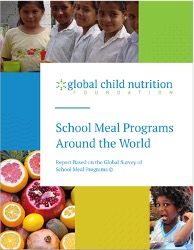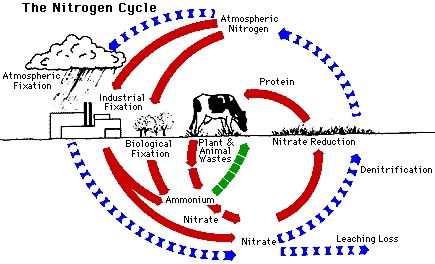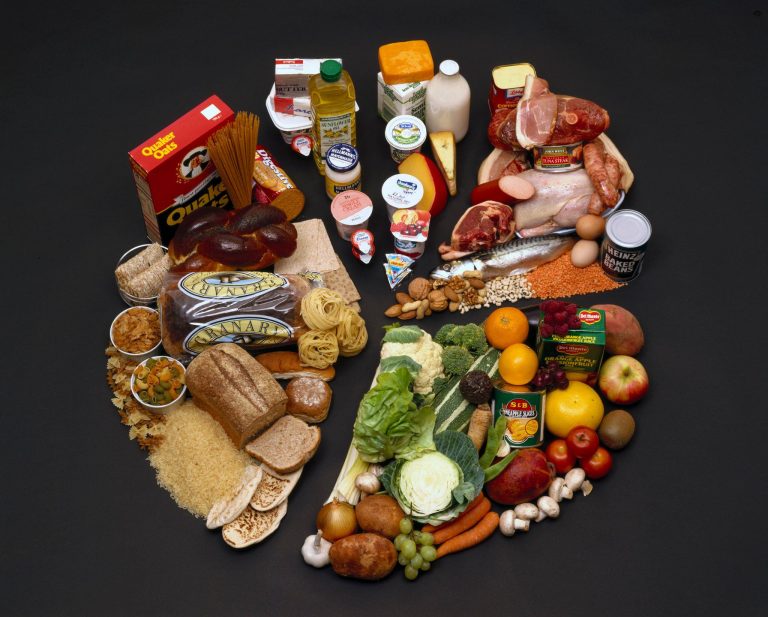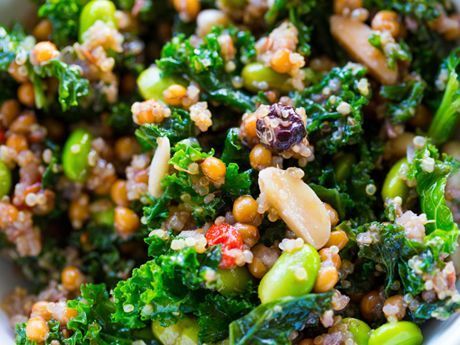As we age, our nutritional needs change. Good nutrition is essential for overall wellness and can have a significant impact on the health and well-being of the elderly. In this article, we will discuss the importance of elderly nutrition and provide helpful tips to ensure optimal wellness in the later stages of life.
The Importance of Elderly Nutrition
Proper nutrition plays a vital role in promoting healthy aging. As we age, our metabolism slows down, and our bodies require fewer calories. However, the need for essential nutrients such as vitamins, minerals, and proteins remains constant. Adequate nutrition can help prevent or manage various health conditions commonly associated with aging, including heart disease, osteoporosis, and cognitive decline.
Maintaining a Balanced Diet
A balanced diet is crucial for ensuring the elderly receive the necessary nutrients. It should consist of a variety of fruits, vegetables, whole grains, lean proteins, and healthy fats. Fruits and vegetables contain essential vitamins and minerals that support immune function and provide much-needed antioxidants. Whole grains provide fiber and can help regulate blood sugar levels. Lean proteins, such as fish, poultry, beans, and nuts, are essential for maintaining muscle mass and strength. Finally, healthy fats found in avocados, nuts, and olive oil can promote brain health and reduce the risk of heart disease.
Hydration
Adequate hydration is often overlooked but is just as important as proper nutrition. Dehydration is a common problem among the elderly and can lead to complications such as urinary tract infections, confusion, and constipation. Encouraging regular intake of water, herbal teas, and consuming hydrating foods like soups, fruits, and vegetables can help maintain hydration levels.
Special Considerations for Elderly Nutrition
Reduced Appetite
Many elderly individuals experience a decrease in appetite, which can lead to inadequate nutrient intake. To combat this, it is essential to offer smaller, more frequent meals that are packed with nutrients. Make meals visually appealing and incorporate a variety of flavors to stimulate appetite. Adding herbs and spices to dishes can enhance taste and make meals more enjoyable.
Chewing and Swallowing Difficulties
Some elderly individuals may have difficulties chewing or swallowing due to dental problems or other health issues. In such cases, it is important to modify the texture of food to ease consumption. Pureed or finely chopped fruits and vegetables, soft foods like yogurt or oatmeal, and replacing harder meats with tender alternatives can ensure adequate nutrition without causing discomfort.
Medication Interactions
Certain medications can interact with food and nutrients, affecting their absorption or metabolism in the body. It’s important to consult with a healthcare professional or pharmacist to understand any potential interactions between medications and certain foods. They can provide guidance on appropriate dietary adjustments to minimize any adverse effects.
Conclusion
Elderly nutrition plays a critical role in maintaining overall wellness and preventing age-related health conditions. By ensuring a balanced diet, promoting hydration, and considering specific issues like reduced appetite, chewing difficulties, and medication interactions, we can support the nutritional needs of the elderly population. Prioritizing nutrition paves the way for a healthier, happier, and more fulfilling senior life.












